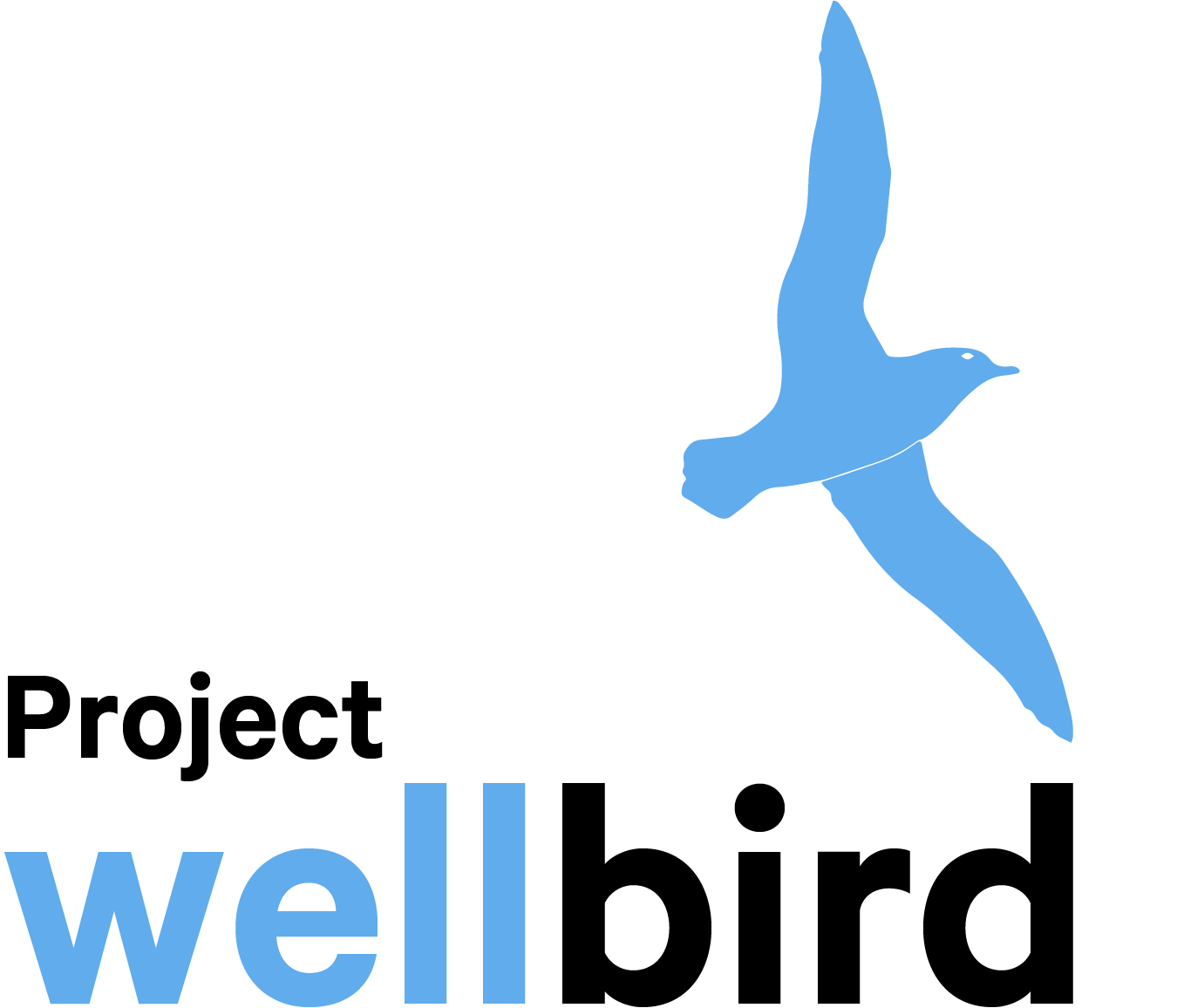
Kaikōura Penguins
Our Penguins
New Zealand has more penguin species than any other country in the world and is regarded as a global penguin capital. Little penguins/kororā (threatened Blue penguins and endangered White-flippered penguins) breed in Kaikōura, with a remnant population which as at risk of local extinction. The region is also a foraging destination for Yellow-eyed penguins, Fiordland crested penguins, Snares crested penguins, Erect crested penguins and Rockhopper penguins. Each year many require rescue in relation to human related impacts.
Moulting Penguins
Penguins undergo a catastrophic moult every year, replacing all of their plumage. Penguins must stay ashore continuously for a three week period to replace feathers during the annual moult.
In Kaikōura moulting penguins are typically reported later, from February-April. In recent years, penguins have initiated delayed moults (a result of decreased food sources). If you encounter a penguin in an unusual area, looking scruffy during this time of year, it is likely undergoing the moult.
Penguins need to shed all of their feathers simultaneously to grow new ones. During the moult penguins are not waterproof and poorly insulated. During this period they are unable to forage at sea and lose up to half of their body weight. Moulting is physically taxing for penguins, many of which are already in poor body condition during the breeding season, in relation to decreased ocean productivity and prey availability (climate change and overfishing impacts).
Preventative Care
When underweight penguins initiate the moult, they risk starvation to moult completion, resulting in death. Every year, more moulting penguins require supportive care due to challenging foraging conditions. Reported moulting penguins that are found in poor body condition require transfer into captivity to facilitate nutritional support with supplementary feeding to guarantee survival. Preventative care ensures that upon return to the wild, penguins have the physical strength to forage successfully and prepare for the next breeding season, enabling the best possible chance of survival in challenging times.
Penguin Habitat
Kaikōura’s remnant Little Penguin population is collapsing and urgently requires increased protection. Few breeding pairs remain in the district. Penguins may seek refuge in coastal shrubs, under homes, backyard vegetation and woodpiles, structures around wharves, rocky outcrops, amidst stop bank boulders, and in vegetated dunes. Dog predation and human disturbance pose the greatest risks to penguins on land. Please do not seek out vulnerable penguins, these are not a viewing attraction and human related stress is preventable.
Responsible Pet Ownership
Penguins are vulnerable to dog attacks, particularly during the annual moult. Dog attacks pose the greatest risk to penguin survival on land, with roaming dogs causing avoidable penguin injury and mortality. Dogs detect penguin scent easily, and it only takes one bite to maim or kill a penguin. Dogs should be kept under control on leads at all times in coastal areas. In Kaikōura the Dog Control Bylaw (2015) prohibits dogs in various areas including: Point Kean, Kaikōura Peninsula Walkway, Jimmy Armers Beach, South Bay Domain and South Bay Boat Park.
In residential areas, pet and stray cats pose a threat at breeding sites and particularly to penguin chicks. Containing pet cats indoors from dusk to dawn in coastal areas can save lives. Desexing pet cats and trapping stray cats for transfer to rescues is vital to address cat related impacts on threatened seabirds.
Penguin Rescue
Penguins require emergency care regarding trauma injury and illness, e.g. dog attacks, predation events, fisheries bycatch, boat strike, marine entanglements, heat stress, poor body condition, moult related issues or disease. Starvation due to decreased ocean productivity (climate change and overfishing impacts) is the primary cause for patient admittance. Uplifting of starving chicks or late clutches for captive rearing is essential to prevent losses. Critically endangered species such as Yellow-eyed penguin/hoiho are susceptible to infectious disease (e.g. respiratory distress syndrome) and parasitic diseases (e.g. avian malaria). Annually penguins are one of the primary patients in care, with the majority in critical condition, requiring immediate life-saving emergency treatment.
How To Help
-
Please report any beach cast penguins immediately, as these will be in critical condition regarding starvation, illness or injury.
Please contact Project WellBird by completing our contact form, call the DOC Hotline on 0800 362 468; or handover to the nearest vet clinic.
DOC rangers are able to arrange handover to Project WellBird’s volunteer wildlife rehabilitator for triage and stabilisation.
-
Please report moulting penguins if found unwell or unsafe in a high use area, where there is risk of human disturbance or dog attack.
Moulting penguins require transfer into temporary care with Project WellBird’s voluntary wildlife rehabilitator, to prevent predation risk and provide supplemental feeding. The majority of moulting penguins are also suffering from starvation, and are reliant on supportive care.
-
If you encounter unwell or beach cast penguins, please report immediately.
Please contact Project WellBird by completing our contact form, or informing the Department of Conservation via the DOC Hotline on 0800 362 468.
Alternatively contact the Renwick DOC Office by phoning 03 572 9100, to request transfer to a local Kaikōura DOC ranger. DOC rangers will contact Project WellBird’s voluntary wildlife rehabilitator directly.
Unwell penguins can be handed in to the nearest vet clinic. VetCare Kaikoura opening hours are Mon-Fri 8:30am-5pm, Sat 9am-12pm. Patients may be transferred to the South Island Wildlife Hospital for diagnostics and long-term rehabilitation.




